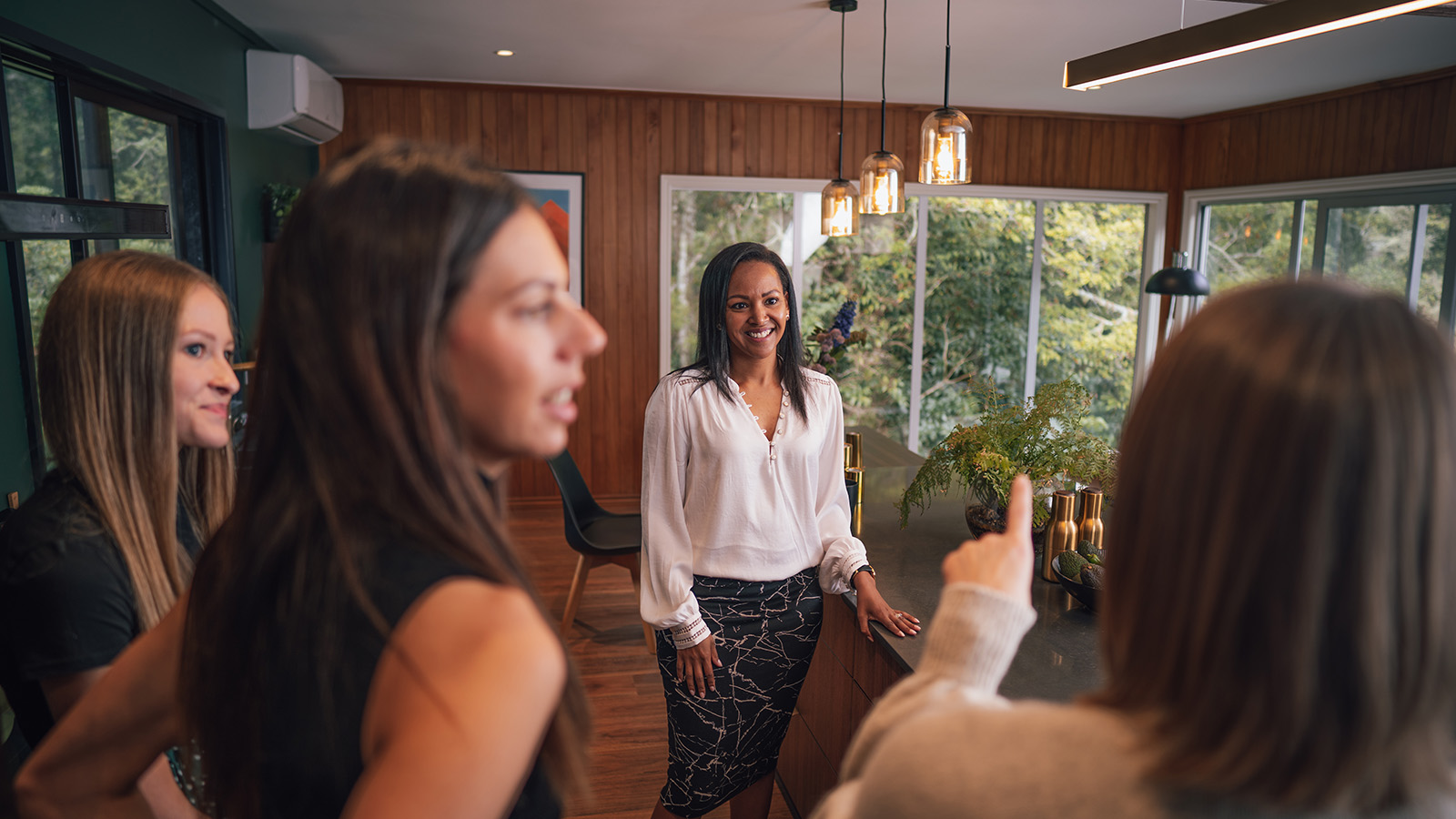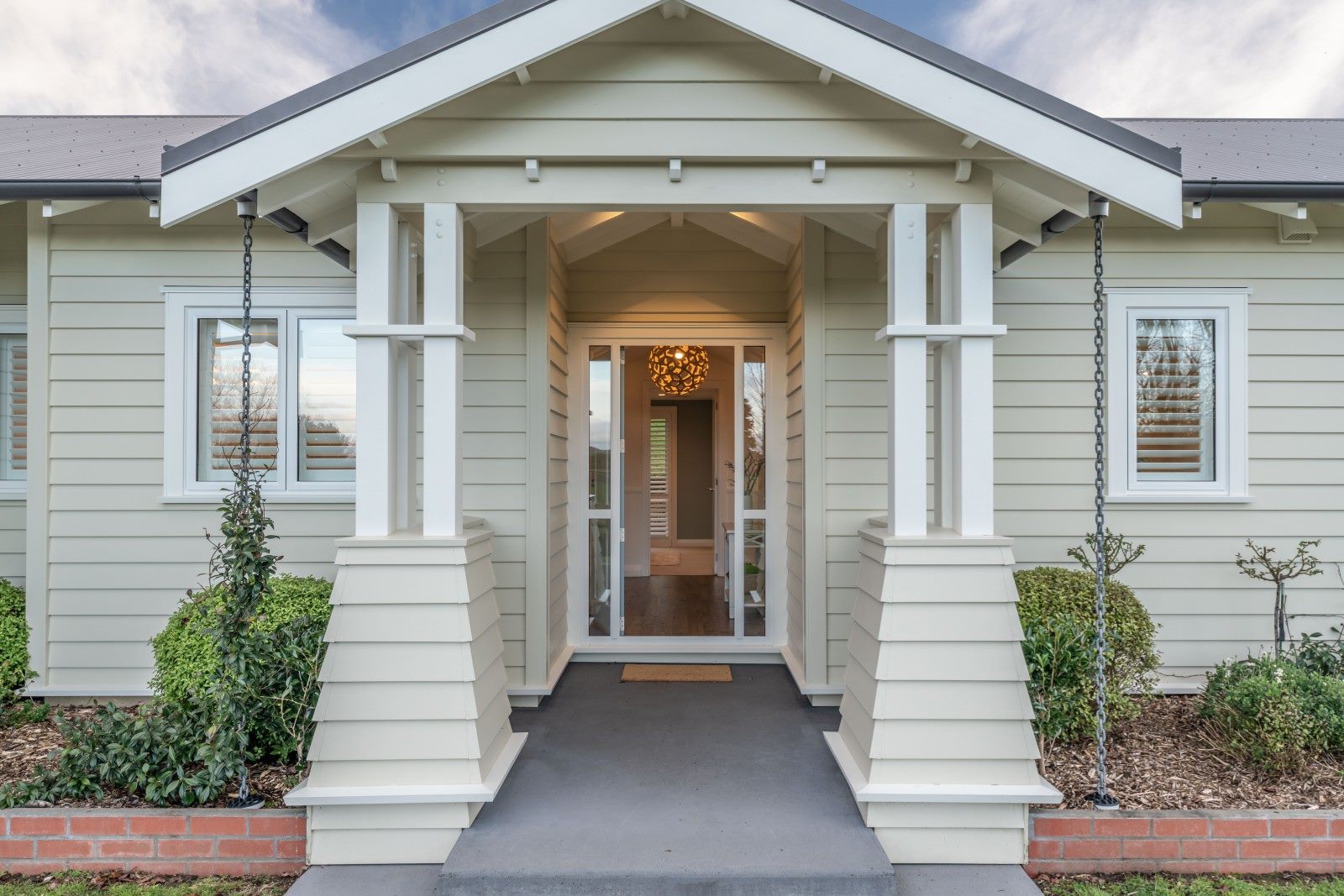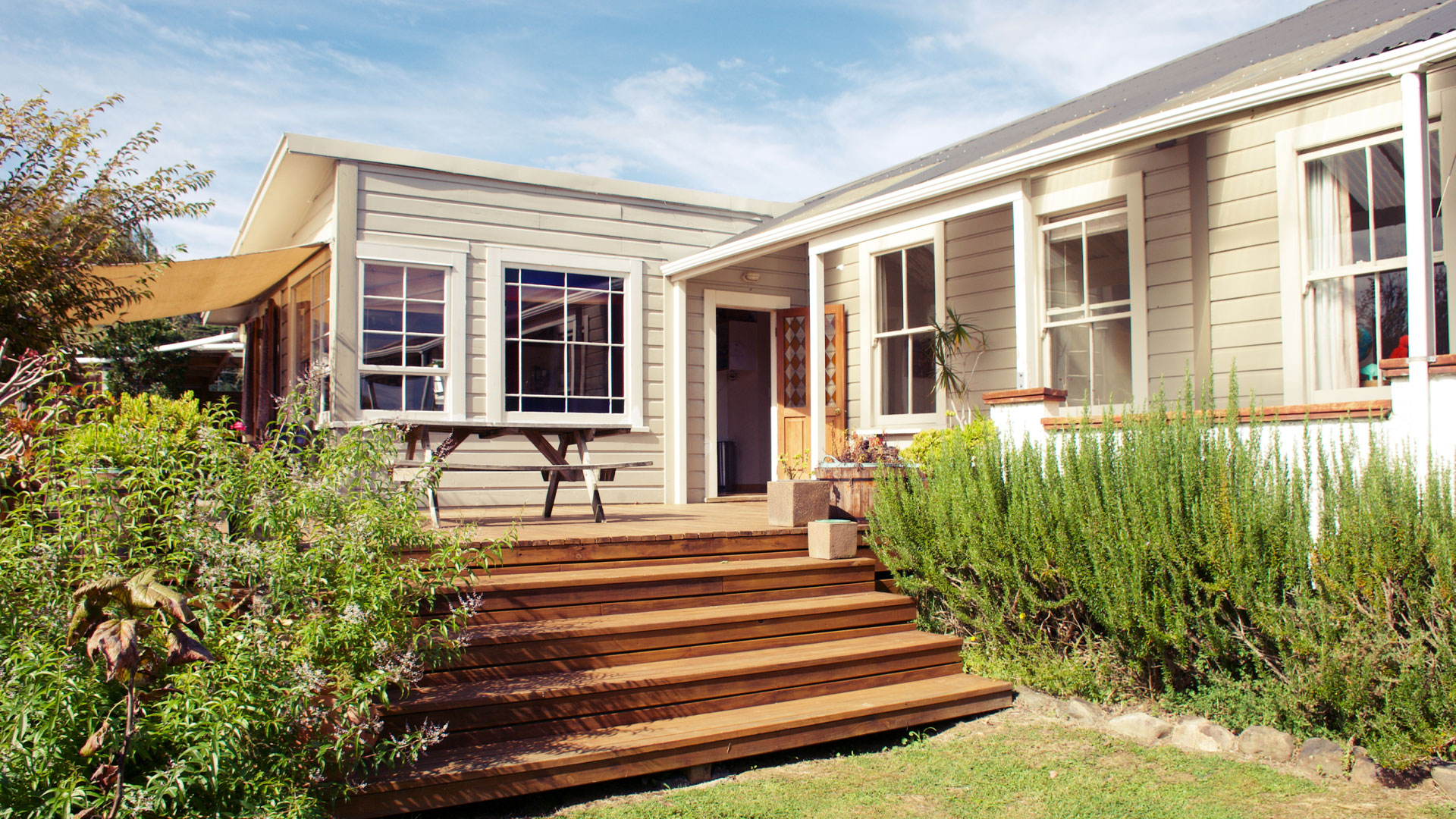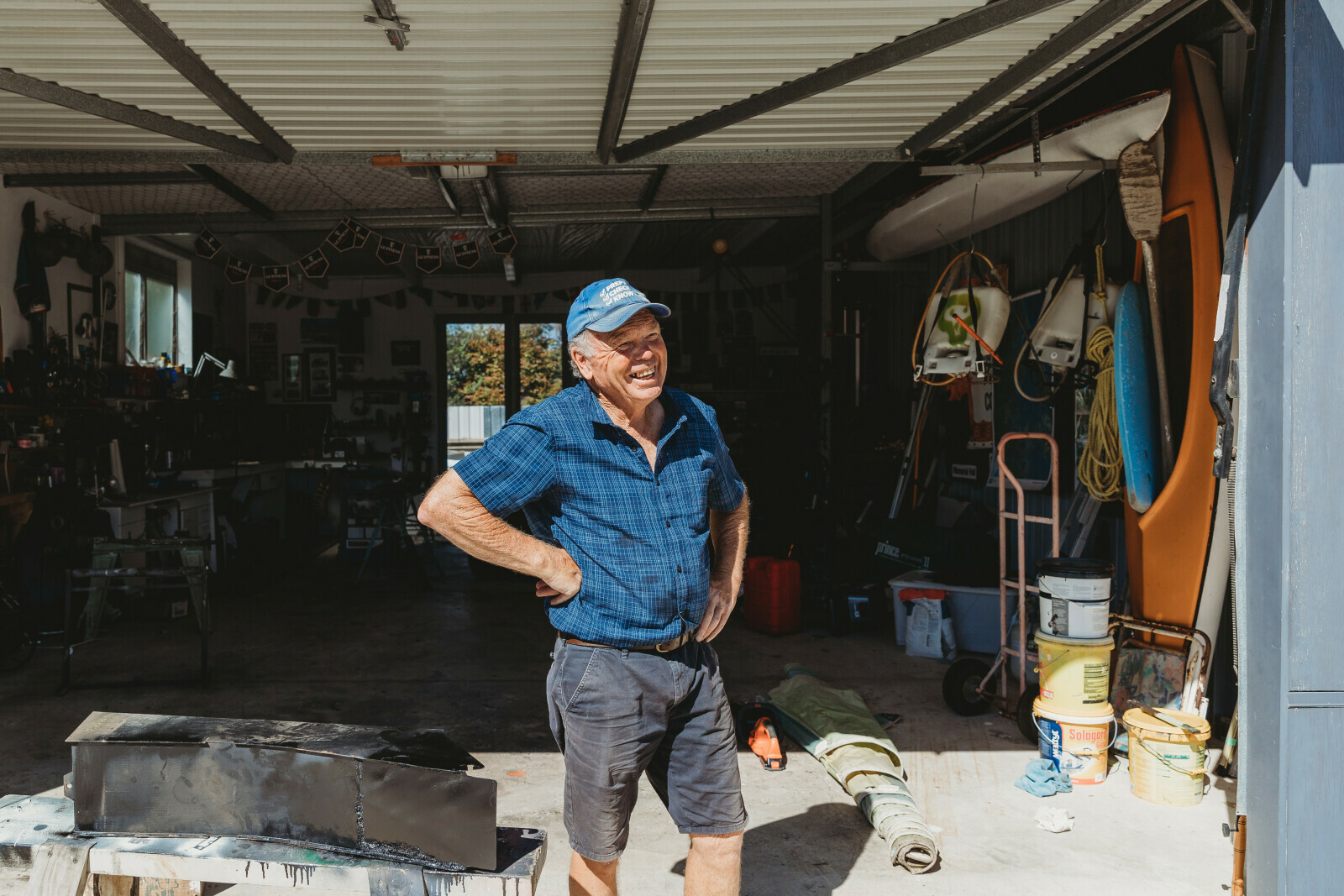Buying guide
What to look for at an open home
Check out our open home tips for buyers.

A little guide to open homes
Open home tips for buyers
Your open home checklist
1. Check the neighbourhood first
2. Inspect the exterior
Give the exterior a thorough look over as part of each open home.
3. Take your time inside
Don't be afraid to ask lots of questions when viewing a home.
Questions to ask the agent at an open home
1. Are any reports available?
2. Do you know of any current or historical issues?
3. Why are the current owners selling?
4. What is their ideal settlement date?
Bonus Tip: Trust Your Gut
Author
Search
Other articles you might like








